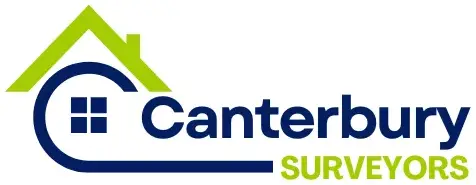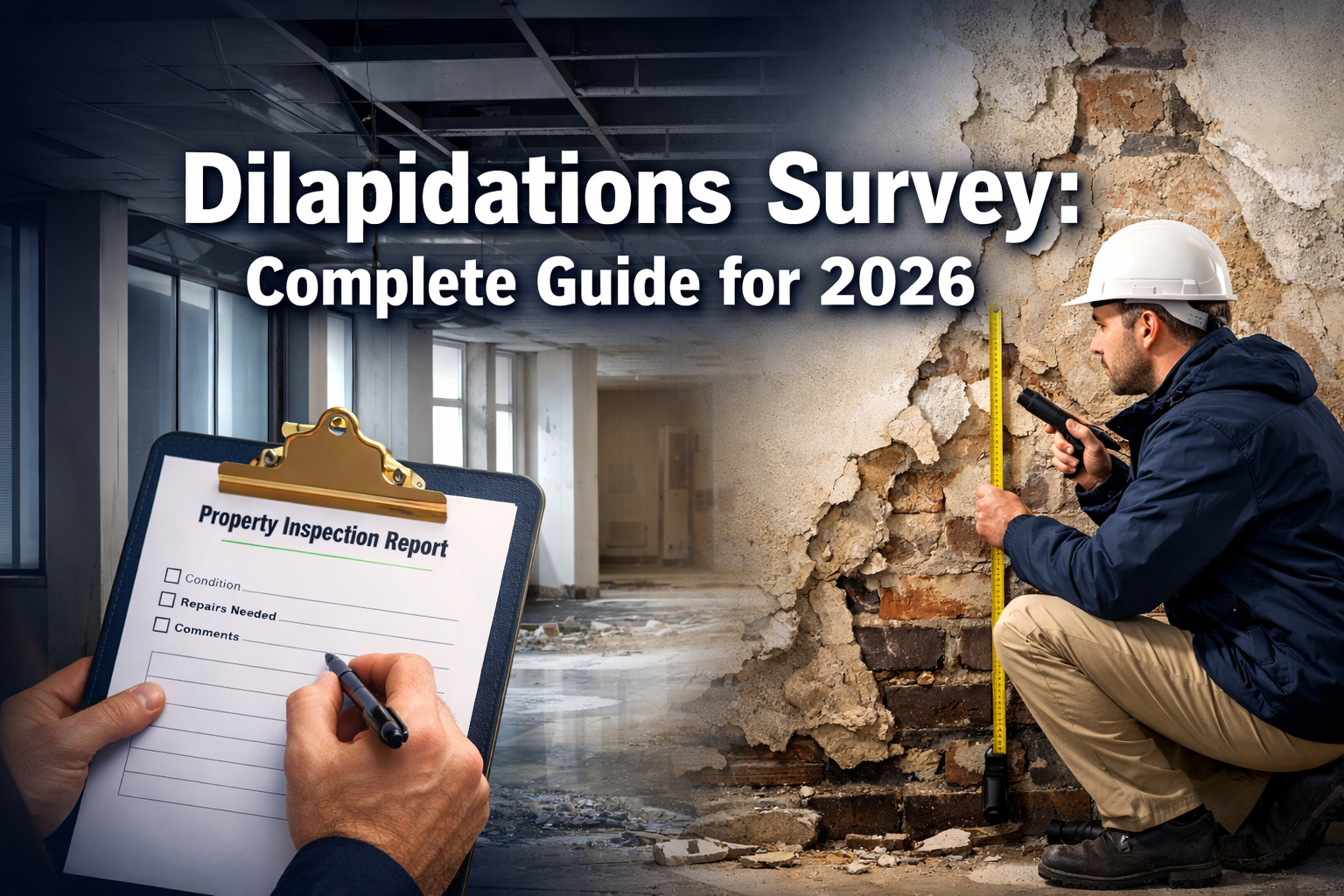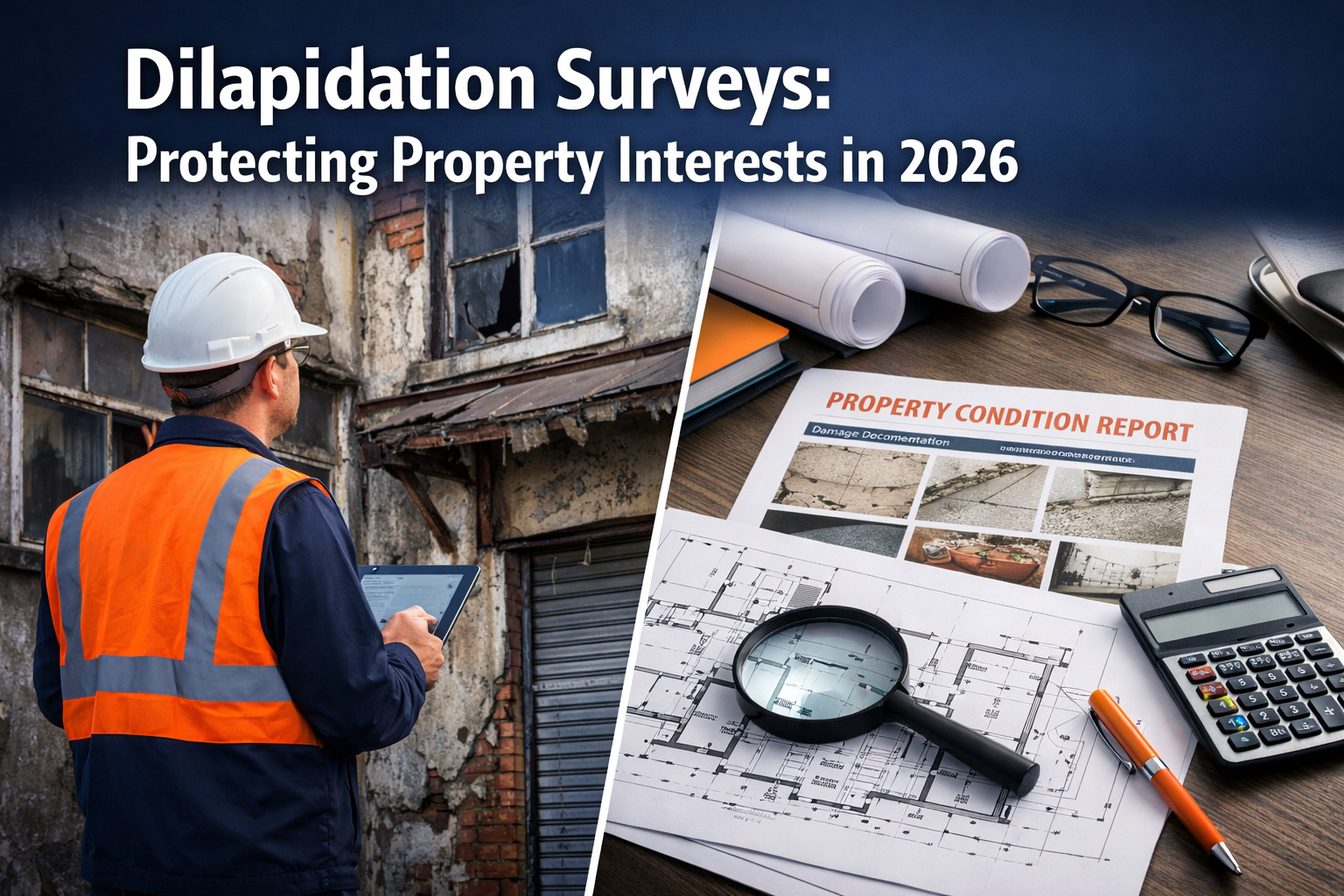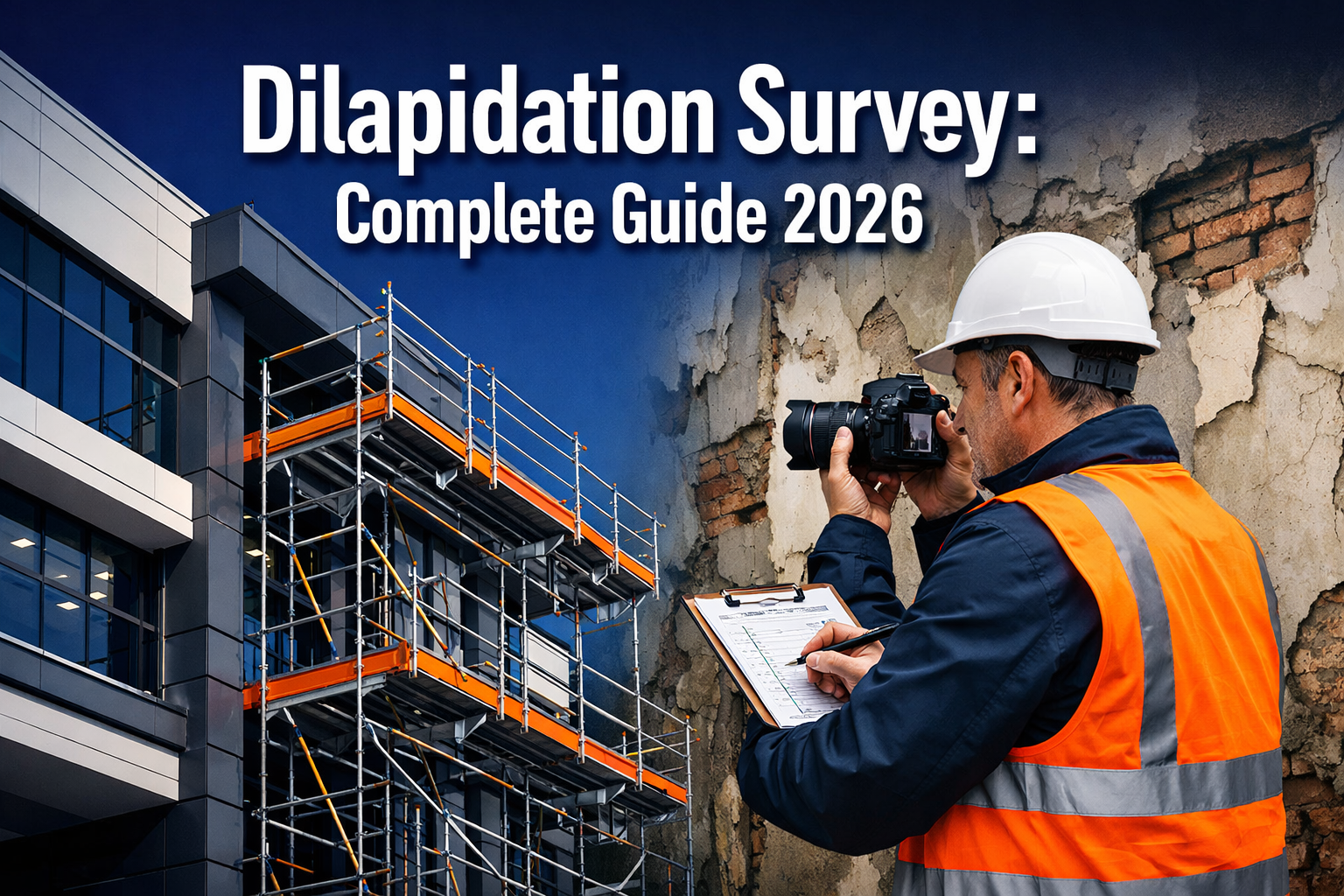Probate Valuation
- Home
- Probate Valuation
What is Probate ?
The process of determining the value of a deceased person’s assets in order to impose taxes on them is known as probate. The Executor is responsible for making this determination. They are also responsible for making sure the right payment is made. This process is often carried out by a lawyer working with the executor and collecting payment from the estate.
What is Canterbury Probate Valuation?
Why should someone in Canterbury, London, Bristol, Birmingham, Manchester, or Cardiff seek a probate valuation? Simply, you must be able to calculate the estate’s total worth, taking into account the primary property, secondary properties, house goods, stock, cash, shareholdings, and other belongings. The probate valuation will also inform you if the estate has enough value to pay off any debts the deceased may have left behind and if there will be any money left over to give to the beneficiaries.
Why is a Probate Valuation necessary?
The deceased person’s assets, which are referred to as the “Estate,” must be accounted for. These assets include money, investments, land, household items (chattels), and other assets. A solicitor working on behalf of the estate’s executor or executors often handles the administration of the estate. The majority of the estate’s worth for tax purposes is determined by adding up the values of the property, stocks, shares, and chattels. Getting these values from “experts” who are approved by HMRC is essential.
The goal of a probate valuation survey is to ascertain the estate’s overall value. Hiring a qualified valuer will ensure that the values used as a basis for tax calculations are accurately assessed. This will lessen the likelihood of disputes with HMRC that can put the award of probate on wait.
The threshold for Inheritance Tax Canterbury
As of 2025, the current threshold for inheritance tax is £325,000. All of the properties, household goods, and funds are included. The amount placed against any household goods, including expensive objects, antiquities, and specialised collections, represents the value of each item on the day of the death since assessment is required by law to be based on current market values.
The real worth of the benefactor’s property should be determined by dividing its value by the number of persons who shared ownership, if the property was jointly held. The benefactor’s part of the property is used to determine the value, if their house was co-owned as tenants in common.
The estate’s property portion is often by far its most valuable component.
In order to ensure that these valuables are agreed upon, that any disputes are settled as quickly as possible, and that the liquidation of the Estate’s assets to heirs is completed, our panel of probate surveyors has worked with HMRC on a regular basis. They specialise in providing accurate property asset valuations for tax purposes.
Probate Valuation Accuracy
Since HMRC will perform its own value as a comparison, accurate valuations are crucial. Single items with a minimum value of £500 are of interest to them. They just need one estimated figure for any other household items. High-value things such as real estate, antiques, professional paintings, watches, clocks, and hobby collections are the primary focus of their attention.
HMRC will do more research online by utilising databases of prior, comparable works, followed by further comparisons with artists or makers. Do not argue with them if the value is rejected because it is seen to be too low; instead, present the supporting documentation and the valuation that is being examined.
Since HMRC receives copies of all sale paperwork, they have a wealth of information on real estate transactions. A lot of properties are sold without the information being available to the public.
Until the assessment of tax liabilities is finalised and HMRC is satisfied with the genuine values of the Estate’s assets, probate is not given.
Valuations for Canterbury Inheritance Tax
Getting capital gains and inheritance tax values enables you to:
- Prevent future legal disputes: unfortunately, disputes over a benefactor’s inheritance are all too prevalent, but qualified RICS surveyors may help you prevent any issues by providing you with accurate assessments.
- Take care of the Last Will and Testament as soon as possible: RICS surveyors will assist you in figuring out the deceased’s estate so that you may allocate these as needed.
- Get closure: tax obligations are the last thing on your mind after losing a loved one, but qualified RICS surveyors may assist you in taking care of them.
Our panel of compassionate RICS valuers can handle the difficult financial work for you, so you don’t have to do it alone when figuring out the tax payments and allocating the deceased’s inheritance. Are you looking for additional information about obtaining a probate valuation, inheritance tax, or capital gains tax in Canterbury, London, Bristol, Birmingham, Manchester, or Cardiff? Please get in touch with us.
Probate Valuation Time Needed
The RICS Valuers visit the properties typically within 1-2 weeks, and frequently much sooner, after receiving orders from executors and solicitors. It will typically take 4 to 4 days to complete the appraisal report after the examination. As many comprehensive copies as you need for your own use and tax purposes will be promptly provided by the surveyor.
Valuation for Divorce (Matrimonial)
A Divorce Settlement Valuation is a service that will enable you to split them appropriately in the divorce settlement. It guarantees that no matter what the terms of the settlement are, the equity is divided proportionately.
Is Shared Ownership Valuation Required?
If you are hoping to buy a more significant share of your shared ownership home, you will need an RICS-accredited surveyor to give a precise valuation. This lasts for 3 months. Get in touch with us today and have a member of the Canterbury Valuation Surveyor panel organise a Shared Ownership Valuation for you.




